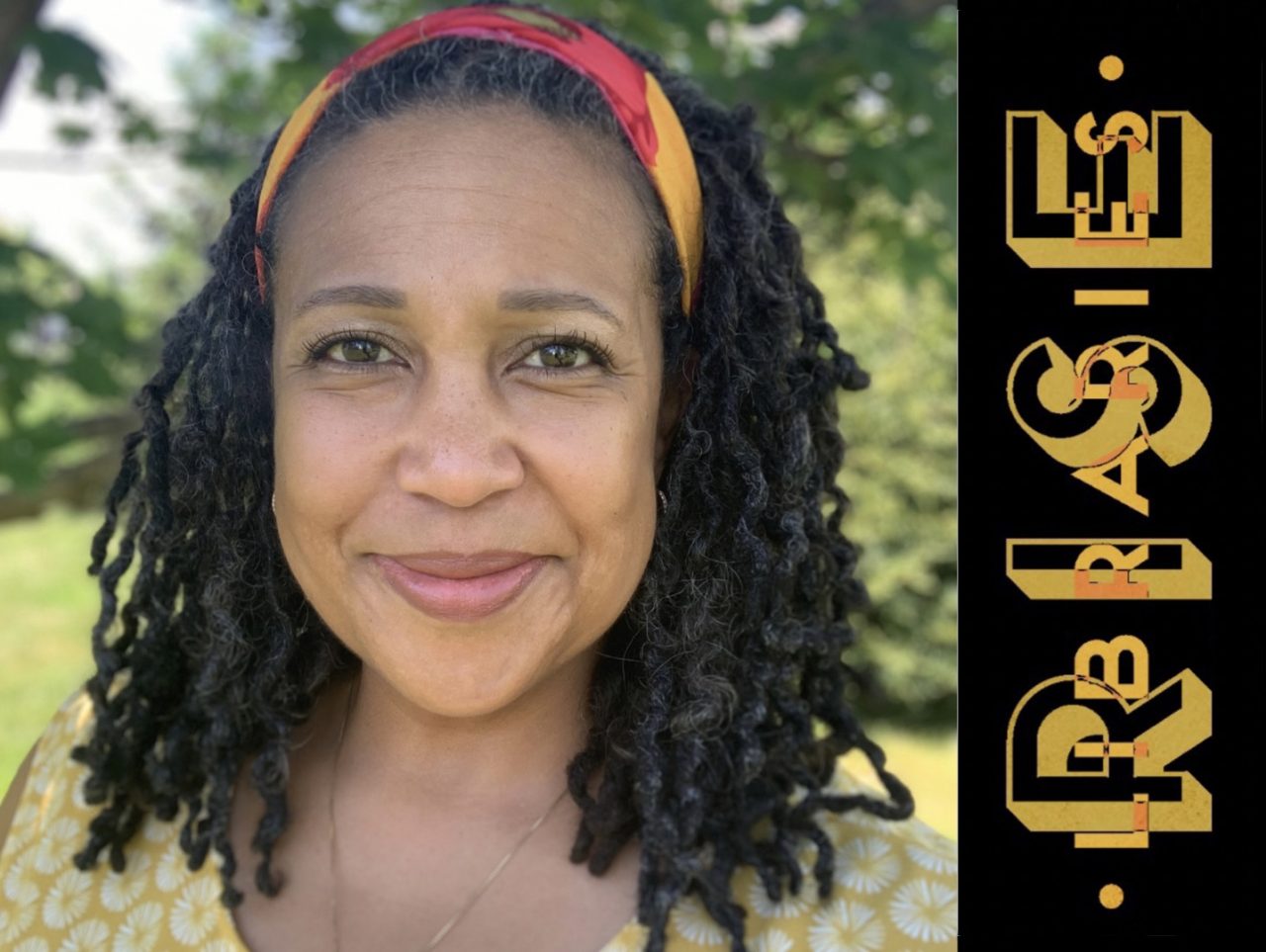Libraries Rise: Nancy S. Kirkpatrick

We asked OhioNET Executive Director & CEO Nancy S. Kirkpatrick four important questions about racial injustice, inequity and libraries.
What are your thoughts on racial inequality and injustice today?
It took me some time to even respond to your questions because though they are short, they are not simple, and I wanted to make sure I responded in a thoughtful manner. And in the interest of full transparency, my first response to the questions was simply fatigue. I am tired. Tired of thinking about, talking about, and being asked about racial inequality and injustice when these issues should have been settled decades ago. Really, they should never have been issues at all, but given the history of our country and our world, here we are.
I believe most of America doesn’t want to think about or tackle racial inequality and injustice in meaningful ways because it represents a threat to their identity. It is difficult to acknowledge that systems you’ve never even thought about until now have been giving you (straight cisgender White people) advantages for centuries. It is even harder to change those systems. It may seem “unfair” that the identity of a country founded on the backs of unpaid labor by people who weren’t part of creating that system is intertwined with the identity of those same people today. But no matter your personal identity, be sure that this country’s origin story and identity are impacting individual lives and entire communities of people in ways that were probably never anticipated. And until we, as individuals and as a country, are ready to accept that reality, talk less and do more, that isn’t likely to change.
Cherríe Moraga says it more eloquently, “Social change does not occur through tokenism or exceptions to the rule of discrimination, but through the systemic abolishment of the rule itself.”
Moraga, Cherríe & Anzaldúa, Gloria. (2015). This Bridge Called My Back, Writings by Radical Women of Color (Fourth Edition); pg. xviii. State University of New York Press, Albany.
Have you seen libraries respond?
I have seen libraries respond in several ways. Libraries issued statements after the murder of George Floyd and the unrest that followed. Libraries have issued statements in response to the recent hate crimes against Asian Americans and Pacific Islanders across the country. Libraries have hosted book clubs and read texts in efforts to get the conversation started in their community. And there seems to be an uptick in DEI work happening in the library world, at least for the moment.
Could libraries do more? If so, how?
Absolutely yes, libraries could and should do more. Making statements and hosting book clubs is a start. Bringing DEI experts into your library probably can’t hurt either. However, I would love to see libraries dig deeper. We should be examining the foundations of our current systems and asking ourselves if those systems enable us to provide our communities and our library staff with the support that they deserve. If your DEI committee is chaired by the one person of color on your staff, do better. If a minoritized person walks into your library, what do they see and experience? What do the signs, the artwork, or the available services, convey to them? Are those spaces truly welcoming to all? Including your library staff? What about your policies? What are you doing to build cultural competency across your organization? What are you doing to work equitable outcomes into your practices?
As central gathering spaces for communities and campuses, libraries are in a unique position to model the changes we’d like to see more broadly in societal spaces and have those models be seen. We should be collectively doing something with our agency.
Any closing thoughts?
I am honored to be the mother to two amazing young adults. I would love to leave them a world where the words of Maya Angelou and Amanda Gorman and Melissa Lozada Olivia and Ocean Vuong and countless others are not only aspirational and inspirational, but reality. A reality where extremism is associated with concepts of justice and equity, not hate and religious intolerance. Again, I will leave it to one more eloquent than I to summarize – Dr. Martin Luther King, Jr.: “’We hold these truths to be self-evident, that all men are created equal.’ So the question is not whether we will be extremist, but what kind of extremist we will be. Will we be extremists for hate, or will we be extremists for love? Will we be extremists for the preservation of injustice, or will we be extremists for the cause of justice?”
King, Martin Luther, Jr. (1963). Letter From a Birmingham Jail (Southern Christian Leadership Conference); pg. 9.
Libraries Rise: Black Perspective on Libraries
Cbus Libraries asked six leaders inside and out of libraries their thoughts on racial injustice and inequality. All responses are the leaders’ personal reflections and not necessarily representative of the organizations they are part of. The six-part feature will be serialized over the months of February and March, 2021. Check back weekly on Mondays for the latest feature and follow our tag, #LibrariesRise.
About Cbus Libraries
Cbus Libraries’ mission is to champion Central Ohio libraries, library enthusiasts and the love of reading. Co-founded by two librarians, Andrea Dixon and Bryan Loar, Cbus Libraries reaches more than 9,000 online followers worldwide, features Central Ohio libraries, has raised more than $1,100 in scholarship funds for librarians of color and has gifted over 5,000 books to the community. Cbus Libraries is a 501(c)(3) nonprofit.
Related
Tags
About The Author
admin
Related
Related Posts
Libraries Rise: Scott Woods
We asked Writer and Streetlight Guild Founder Scott Woods four important questions about racial injustice…
Related
Libraries Rise: Donna Marbury
We asked Journalist/Owner of Donna Marie Consulting and Founder of Grammar + Chill Donna Marbury…


